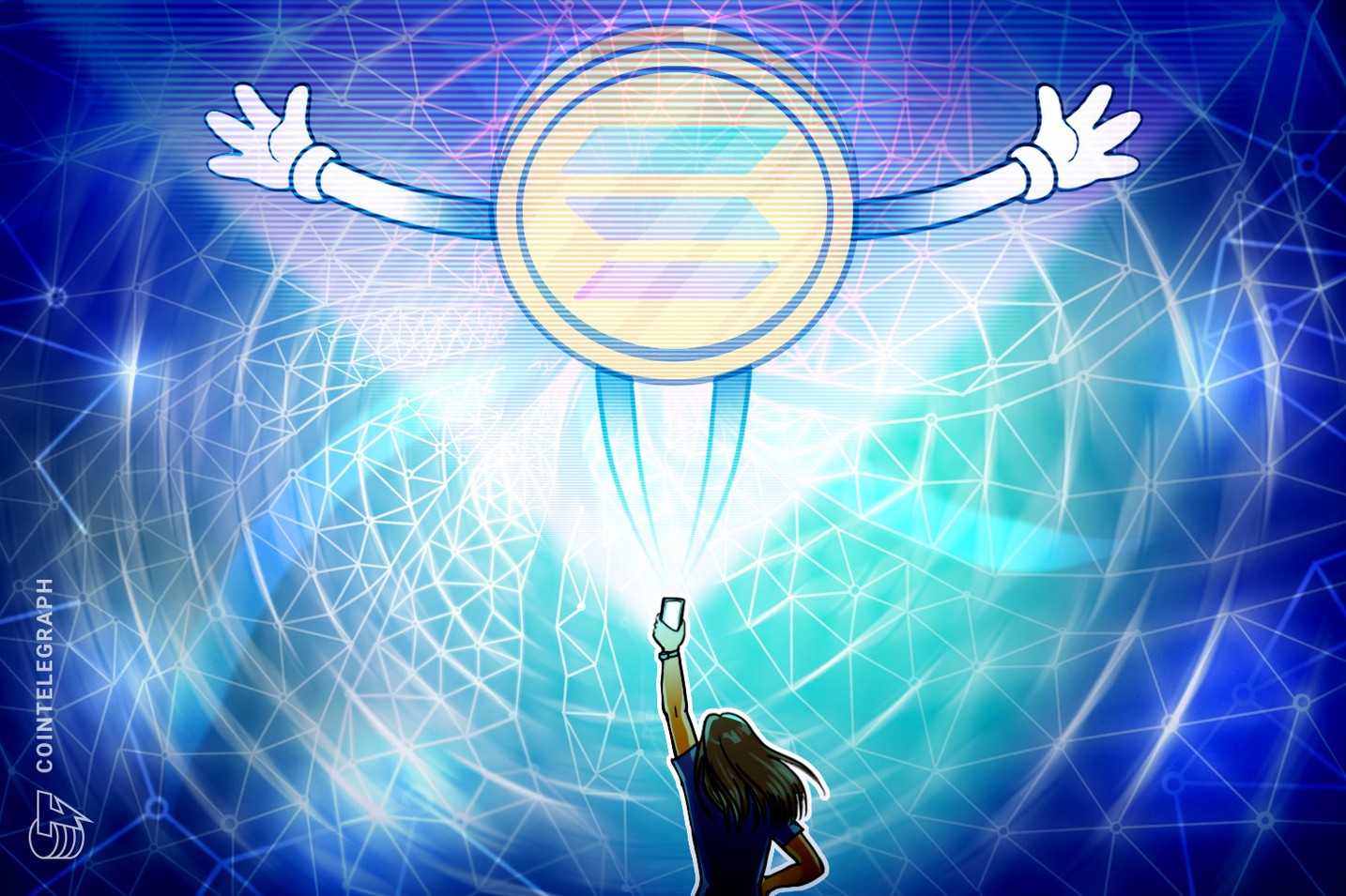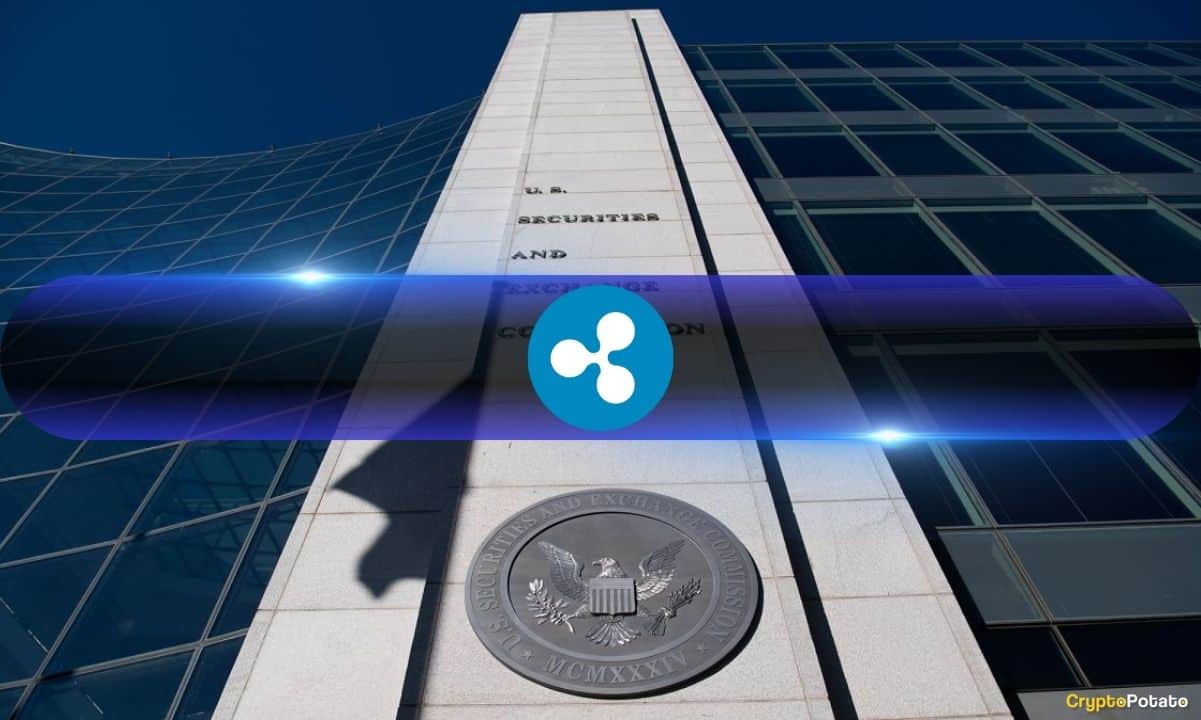XYO’s native token is now tradable against tokens including SOL and USDC on Solana-native decentralized exchanges Jupiter and Raydium.
200 Total views
15 Total shares

XYO, a decentralized physical infrastructure network (DePIN), has bridged from Ethereum to Solana, citing the layer-1 blockchain network’s “high throughput, low transaction costs, and scalability,” XYO said in an Oct. 31 blog post.
“The XYO token is now natively available on both Solana and Ethereum, enabling broader cross-chain access and flexibility,” according to the post.
The DePIN’s native XYO token is now tradable against tokens including Solana (SOL) and USD Coin (USDC) on Solana-native decentralized exchanges (DEXs) Jupiter and Raydium, the post said.
“Bringing XYO into the Solana [decentralized finance] ecosystem, and onto platforms like Jupiter and Raydium, enables anyone holding a Solana-based token or memecoin […] to seamlessly trade into and out of XYO and access its DePIN data ecosystem,” Markus Levin, XYO’s co-founder, told Cointelegraph on Nov. 1.
Launching on Solana is part of a broader goal of making XYO accessible across multiple blockchain networks, Levin added.
Source: XYO
XYO is a DePIN designed to verify location and other real-world data for Web2 and Web3 projects.
It operates more than 8 million nodes across 150 countries, according to XYO’s website.
DePINs are blockchain protocols aimed at decentralizing real-world infrastructure and systems, including communications networks, data warehouses, energy markets, and more.
They will be Web3’s “next big use case,” with the potential to onboard “a significant number of new users to the crypto space,” according to a Sept. 5 report by MV Global, a Web3 investing firm.
According to MV Global, the ecosystem currently comprises upward of 1,000 projects and represents more than $50 billion in aggregate market capitalization.
Source: MV Global
Solana’s low median fee per transaction — $0.00064 — makes the layer-1 network attractive for DePIN projects, including Helium, io.net, and Render, XYO said.
Johannes Fuchs, an analyst at MV Capital, told Cointelegraph that Solana’s strength lies in its “parallel processing architecture and low fees.
“We expect the upcoming Firedancer upgrade to further enhance its attractiveness as the top choice for upcoming DePIN projects,” Fuchs said.
Magazine: 10 crypto theories that missed as badly as ‘Peter Todd is Satoshi’

 3 hours ago
3
3 hours ago
3






:quality(85):upscale()/2024/10/29/581/n/1922153/3f2adeb76720db8a0484f8.73093870_.jpg)
:quality(85):upscale()/2024/11/01/729/n/49351082/edfd0f616725023b36fdf0.07661898_.jpg)
 English (US) ·
English (US) ·